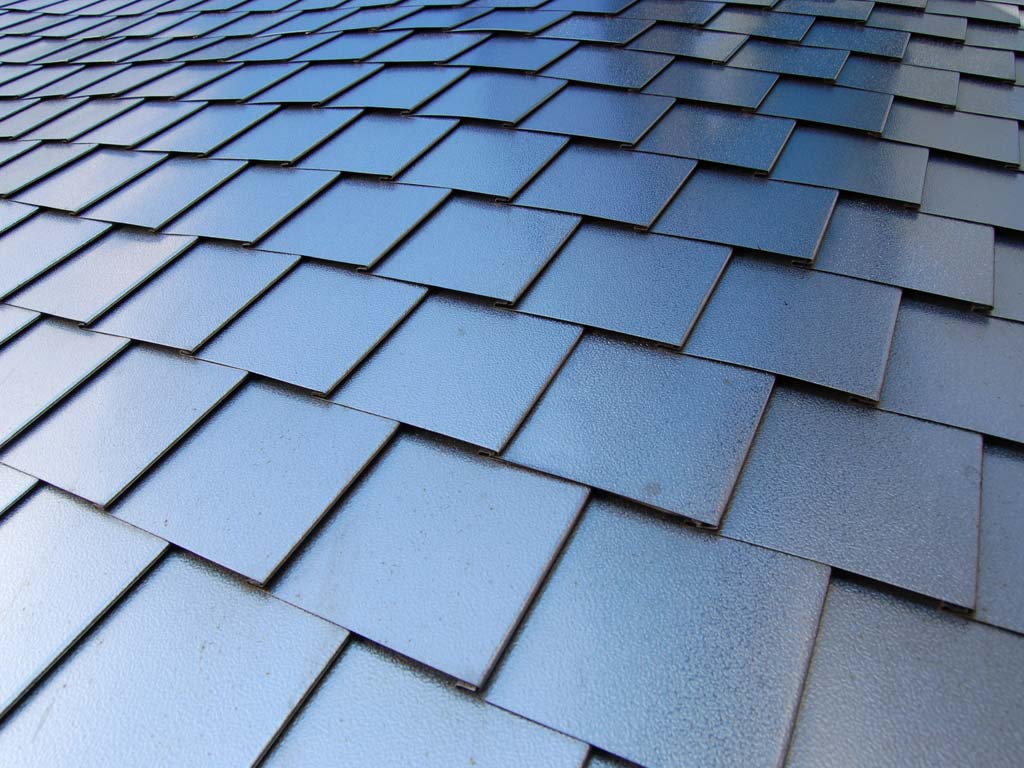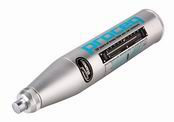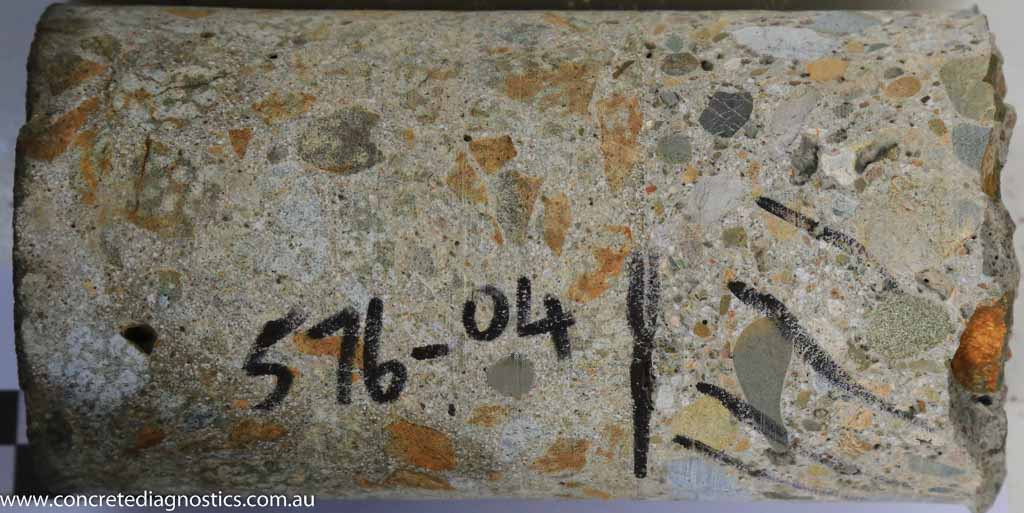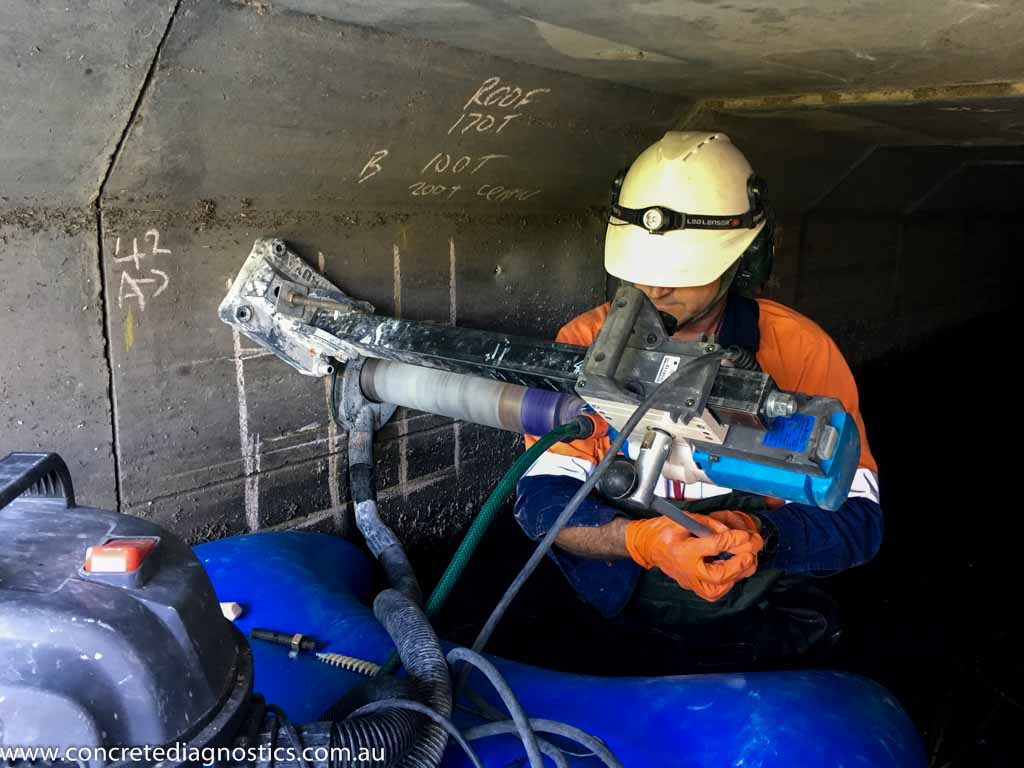





The main mechanical properties of concrete we investigate include density (typical 2200 to 2500 kg/m3) and compressive strength (typical 20 to 70 MPa).
These properties can influence the durability and effectiveness of the concrete structure.
The most common test for hardened concrete strength is compressive strength, where cores are removed from the concrete member and crushed. The density of the concrete is normally performed in conjunction with the compression testing of the concrete cores.
If cores cannot be removed for some reason there is a fast and easy non-destructive test (NDT) method known as Schmidt Hammer or Rebound Hammer testing that can give the estimated cylinder compressive strength from tables.



Concrete Testing - Mechanical Testing
